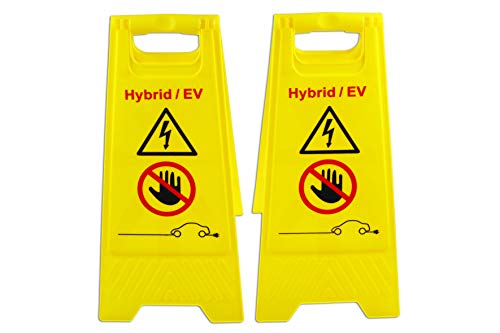Vike
Well-known member
But that's really the point - charging away from home isn't the norm for EVs given current technology (i.e., range and charge times). Up to a point (perhaps a point higher than you have in mind), the cost of charging isn't terribly relevant - indeed, it's probably worth more to an EV than gasoline itself, since it's more likely to be an urgent/emergency matter (since routine use will be at much lower at-home costs). The point of "charging for charging" is to discourage unnecessary public charging so that relatively scarce chargers are available to the parties that most need them - and being a relatively poor value (compared to charging at home) is part of the picture (or to put the point more starkly, things will probably work a bit better overall if it's cheaper for a Prius Plug-In to gas up than plug in). This might all change if/when L2&L3 charging infrastructure is considerably more built out, but I'm afraid it's the only way things can work right now - and of course, things are not at all straightforward because of laws & regulations that prohibit re-sale of electricity as such (one of the main reasons you have only seen "free" chargers).RobbW said:Owner/operators of charging stations don't get greedy and try to charge prices equivalent to gasoline. Just because the ICE public has gotten used to ridiculously high gas prices does not mean EV owners will accept high charging prices. This is actually one of the things I'm most concerned about with owning an EV. I'm afraid public charging stations will try to make HUGE prices by chaining their rates to the average gasoline prices, thereby negating any cost savings of owning an EV. Of course, that only applies if you charge away from home.
That said, there's no reason to interfere with private parties (restaurants, shopping malls, casinos, etc.) that want to offer free L2 charging as an inducement for EV owners to frequent their establishment. But for an EV owner, that can only be regarded as a perk, not reliable infrastructure for support of longer-range travel. Pretending otherwise is sure to one day end in tears.























